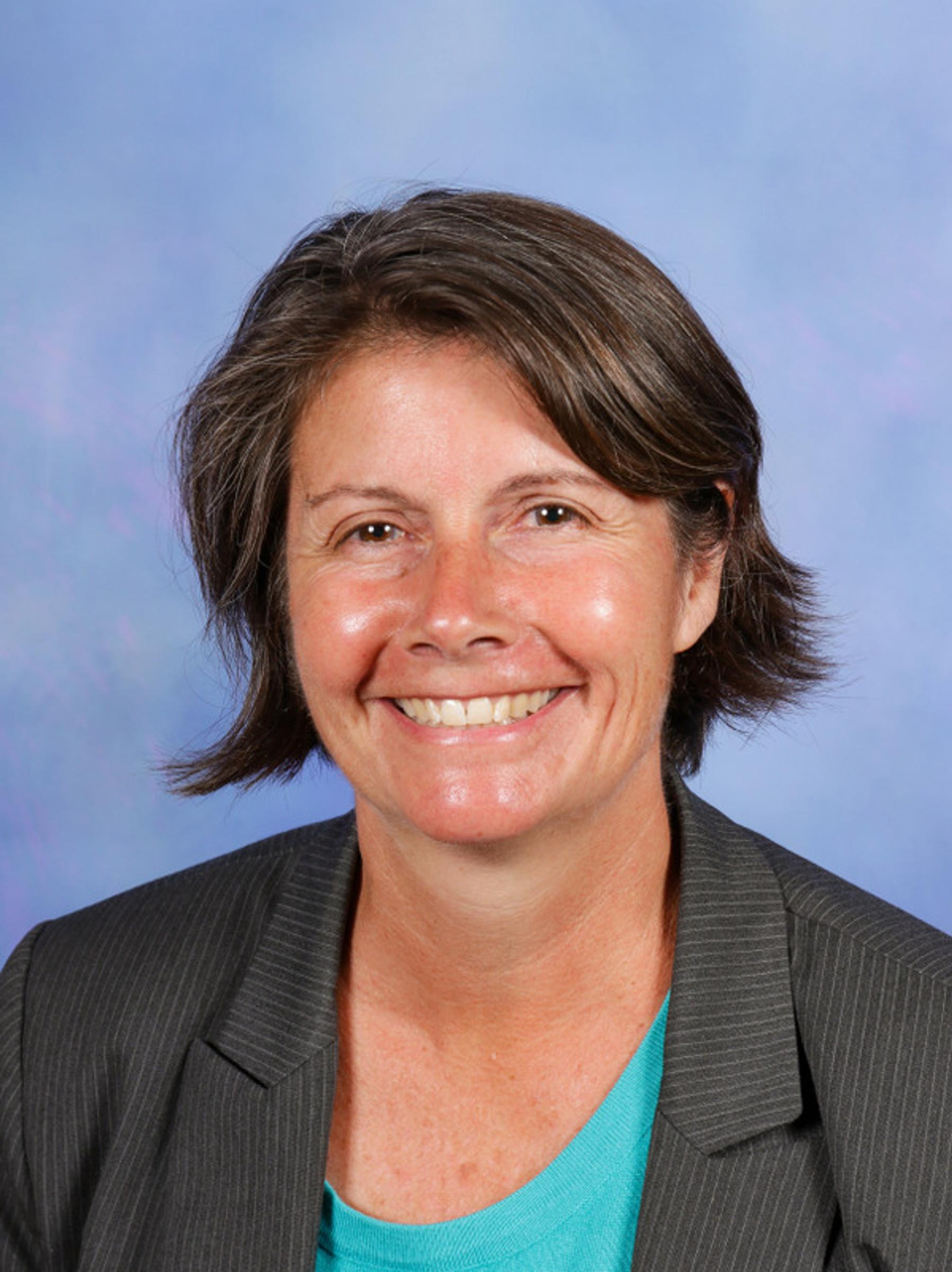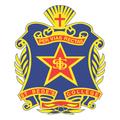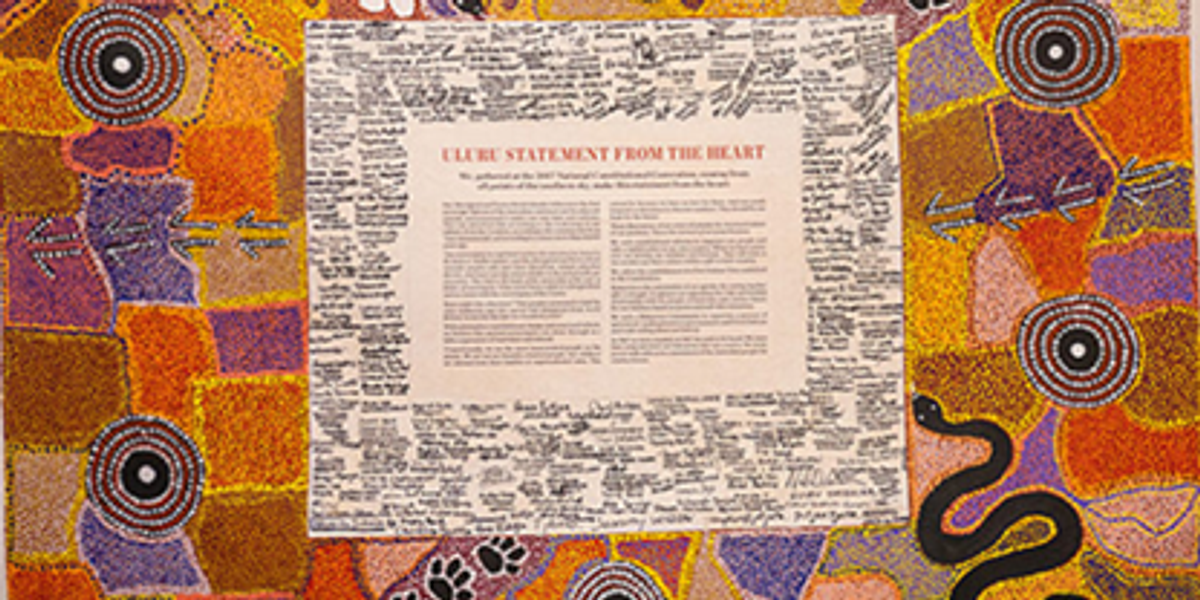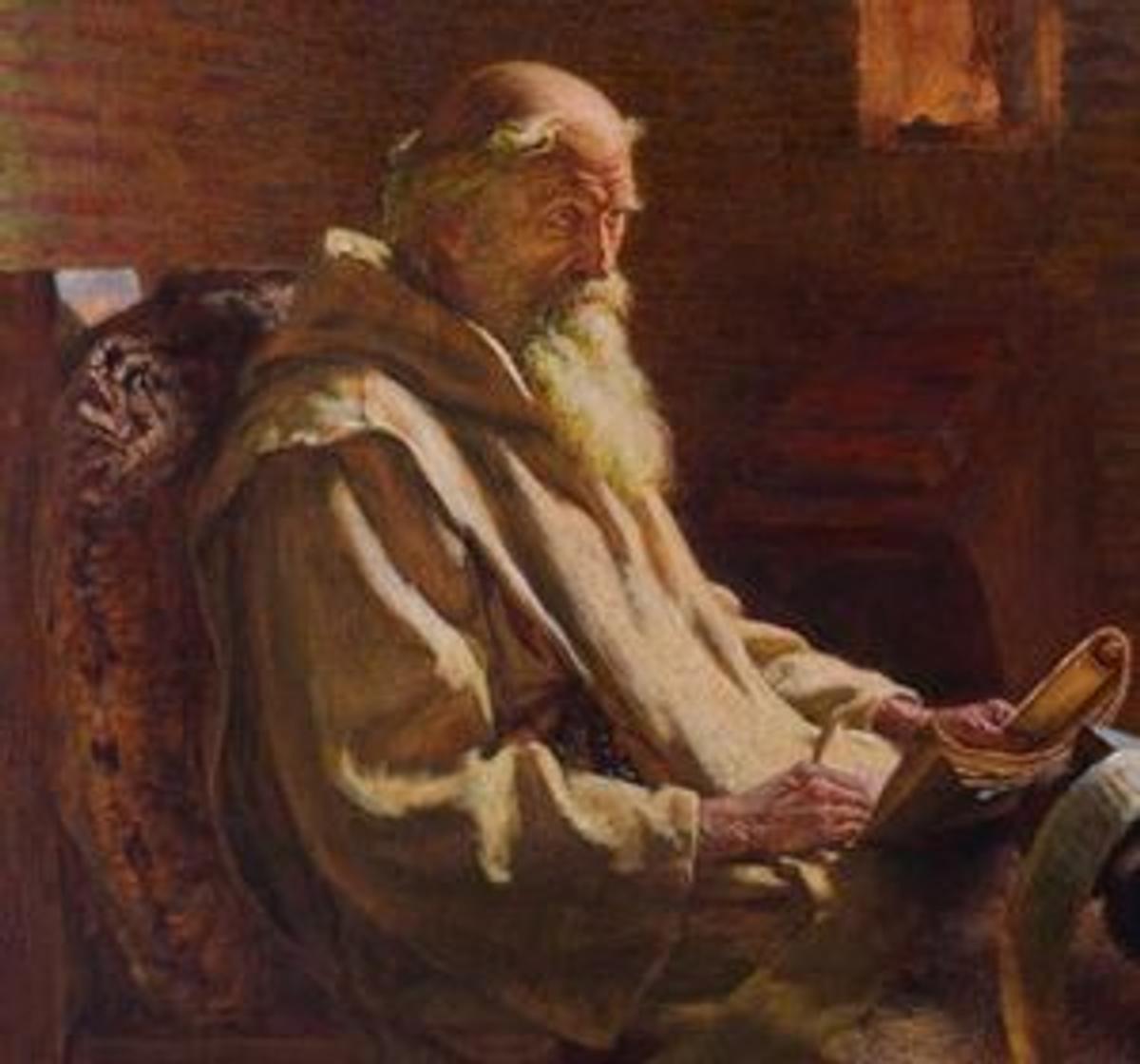Principal

National Reconciliation Week, 2023
"Be a Voice for Generations"
The theme for the week this year encourages all Australians to be a voice for reconciliation in tangible ways in our daily lives - where we live, work and socialise.
The week is intended as a time for all Australians to learn about our shared histories, cultures and achievements, and to explore how each of us can contribute to achieving reconciliation in Australia.
Parent Workshop
'Moving kids and teens from anxiety to resilience':
Many parents attended this P&F-sponsored event which was led by Dr Jodi Richardson-an educational leader and specialist in childhood anxiety. Her message was one of support to parents who play the most significant role in supporting their child when impacted by mental health issues, such as anxiety. She presented suggestions by which parents can equip our students with positive health strategies so that they develop the resilience they need to meet life’s challenges.
The safety, welfare and development of every student at St Bede’s College is central to our purpose. Through the delivery of a variety of curriculum pathways and the provision of different and varied opportunities and experiences for our boys, we seek to assist in their formation, their ongoing health and in enhancing their general wellbeing. The respective formation and awareness programs, pastoral support and House structures, health and fitness curriculum, and the number and quality of dedicated support staff such as House co-ordinators, Year Level Co-ordinators and Heads of Year, Psychologists, Support Teachers and Education Assistants are all evidence of such care within our College. We find ourselves at a point in time where a focus on the physical and mental health of all children is vitally important.
Student wellbeing can be defined as ‘a sustainable state of positive mood and attitude, resilience, and satisfaction with one’s self, others and experiences at school’. It is widely accepted that student wellbeing directly affects most aspects of a student’s functioning, sense of connectedness and their actual learning at school. While wellbeing levels can fluctuate and are very much contextual, the ability to self-monitor such levels are important, as is understanding that positive choices around diet, fitness, sleep and mental care can make a significant difference.
The statistics regarding children’s health continues to be very concerning (it is estimated that 1 in 7 school-age children may have a mental health problem such as anxiety, depression and behavioural issues, but only a few will access the help they may require). It is important that our College continues to work in collaboration with families and community groups to support our boys’ mental health and wellbeing. As always, we seek to form good young men who are resilient and self-aware of their own wellbeing.
Days of note for St Bede's College
In recent days we have celebrated significant days for St Bede’s College and the Lasallian community:
May 15, Founders Day
May 19, Feast Day of St John Baptist de La Salle being declared as Patron Saint of Educators
May 16-24, Laudato Si’ Week—recognising Catholic concern for our environment
May 25, Feast Day of St Bede, the Venerable
On May 19, the entire College assembled in the Stadium for Mass to celebrate Founders Day and the Feast Day of St John Baptist de La Salle, Founder of the De la Salle Brothers. It is one of four occasions during the year when the students from each of our Campuses assemble as one.
On May 15, Lasallians recall the life of their Founder, John Baptist de La Salle and his Brothers who, from 1682, gave us what was to become the world-wide Lasallian network of schools. As a young priest, the life of John Baptist de La Salle took a series of unexpected turns when he began helping a local teacher run a charity school for the poor. He soon saw himself as dedicated to education and gathered a group of young men to help him provide poor children with a Christian education. An education to fit them for life and to give them an understanding of the Faith.
The day also celebrates the many De La Salle Brothers, lay teachers, boys and families who, since 1938, have been proud to call St Bede’ College their school and to build up the magnificent infrastructure that we have today at Bentleigh East and Mentone and to steadily develop a Beda culture that is unique to us.
In my regular meetings with the College leaders, we discuss many matters of importance to the students of the College and some not-so-important matters, e.g. Is it a parma or is it a parmi? In one conversation, the boys commented on their perception that we do not give a lot of attention to the one chosen by our first Principal, Brother Benignus, as the Patron of the College, St Bede. Given his recent Feast Day I thought I would give some information about St Bede who, in his time, was regarded as a “superstar” academic of England and Europe.
Feast Day: May 25
Bede (also Baeda or Beda) (673–735), was a monk and an early historian of the Catholic Church in England. A Benedictine monk and historian, he was also an author, a poet, musician, a theologian and scientist, a gifted linguist and a fine teacher. Acknowledged as probably the most learned man in Europe of his day, he remains one of northern England’s greatest sons. During his lifetime and throughout the Middle Ages, Bede’s reputation was based mainly on his scriptural commentaries, copies of which found their way into many of the monastic libraries of western Europe. Bede’s works fall into three groups: grammatical and “scientific,” scriptural commentary, and historical and biographical. He was the first person to date events anno domini (A.D.).
He is particularly famous for one work. One of the most valuable and important sources on Anglo-Saxon history is Bede's Ecclesiastical History of the English Nation and this gained him title of "The father of English history". The History is made up of five books and about 400 pages written in Latin. It contains 800 years of the history of England from the time of Caesar to the date of its completion (731).
At age seven he was presented by his family to the Abbot of Wearmouth monastery, Benedict Biscop, to be educated. Bede does not say if his family was noble or not. Bede was ordained a deacon when he was nineteen and, at thirty, he was ordained a priest. Bede found study, writing and teaching his favorite activities. He studied the Bible and Latin. He learnt Latin because that was the language of the Bible and other books in the monastery library.
Bede died on Ascension Day, 26 May 735.
The Church has declared as “Doctor of the Church” 36 saints whose doctrinal writings have special authority. The writings and teachings of the various doctors of the church are of particular importance to Roman Catholic theology, and their works are considered to be both true and timeless. The Venerable Bede was declared a Doctor of the Church in 1899.
In 1992 Brother Quentin wrote “St Bede serves as a model to our teachers to challenge students to achieve their full potential as persons while students can imitate him in the breadth of his learning, his range of interests and his warm humanity.”
Per Vias Rectas
Deb Frizza
Principal


